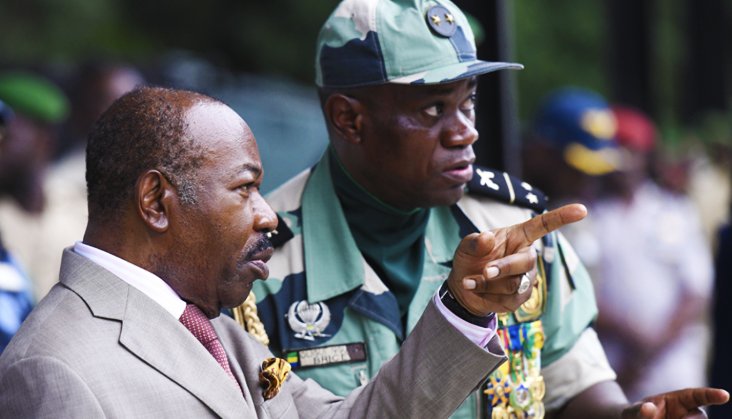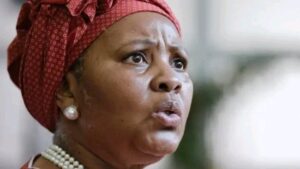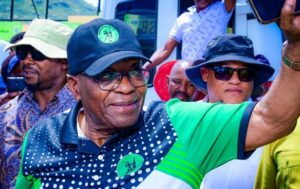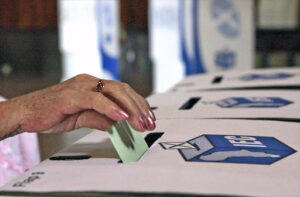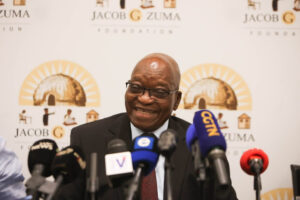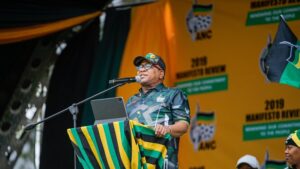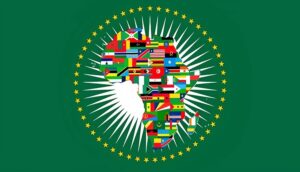In a recent development following the coup that ousted Gabon’s former president Ali Bongo, the coup leader has announced that Bongo is free to leave the country and travel abroad if he wishes to do so.
“He has freedom of movement… and can travel abroad if he wishes,” general Brice Oligui Nguema said in a statement read on state television.
Bongo, who led the nation for 14 years, had been under house arrest since the bloodless military coup on August 30. This event transpired less than an hour after his party declared his re-election in what has been described as a fraudulent vote by the putschists.
Health Concerns and Transitional Leadership
“Given his state of health, the former President of the Republic Ali Bongo Ondimba has freedom of movement. He can travel abroad if he wishes to carry out his medical checks,” said Colonel Ulrich Manfoumbi Manfoumbi, reading a press release signed by Oligui who took his oath as transitional president on Monday.
In 2018, Bongo suffered a serious stroke that left him physically impaired, facing challenges in moving his right leg and arm. The announcement regarding his freedom of movement seems to take into account his ongoing health issues, allowing him the liberty to seek medical attention abroad.
Regional Response to the Coup
Meanwhile, the Economic Community of Central African States (ECCAS), a regional bloc, has suspended Gabon’s membership until the power is restored to the deposed president Ali Bongo. This decision was communicated during a summit held in Equatorial Guinea, a member state of ECCAS.
The summit saw a firm condemnation of the coup from Teodoro Obiang, the leader of Equatorial Guinea, who ironically came to power through a coup himself. Obiang urged for a stringent response to the coup in Gabon.
“There’s reason to suspect that Ali Bongo’s fate has shaken Obiang. Equatorial Guinea’s president – like the Bongo dynasty – has been in power for a very long time, and has also enriched his family in the process. He could well be worried that his people might get ideas by events in Gabon if the coup is allowed to succeed,” said a source close to the matter.
The unfolding events in Gabon have seemingly stirred unease in the region, with long-standing leaders reflecting on the implications of the coup on their own reigns. The situation brings to light the intricate dynamics of power and politics in the Central African region, where leadership, often held for extended periods, can be both a symbol of stability and a potential trigger for unrest. It remains to be seen how the regional powers will navigate this delicate situation, balancing the demands for democratic processes with the realities of entrenched leadership dynamics.

